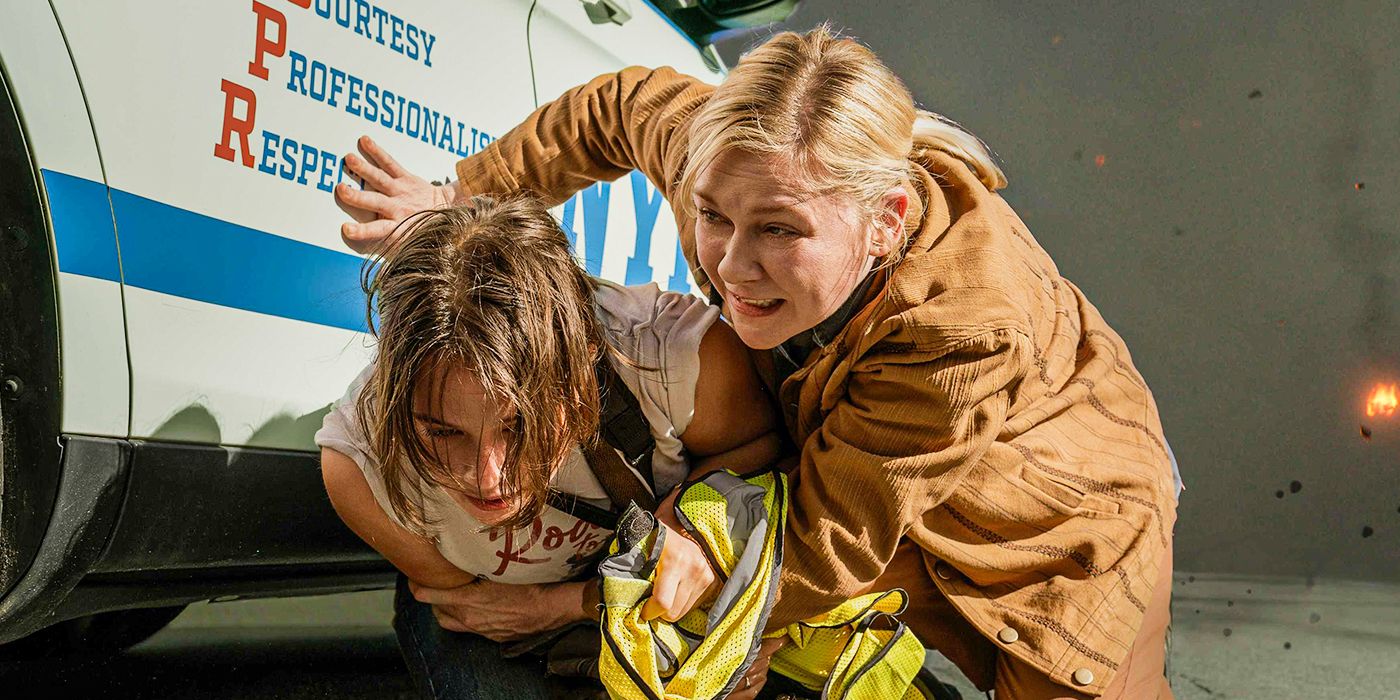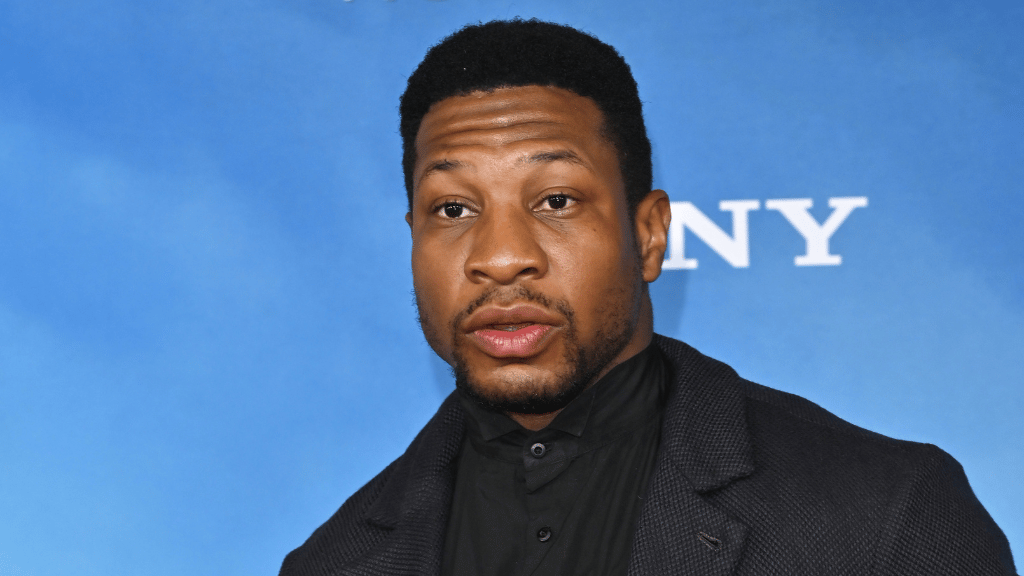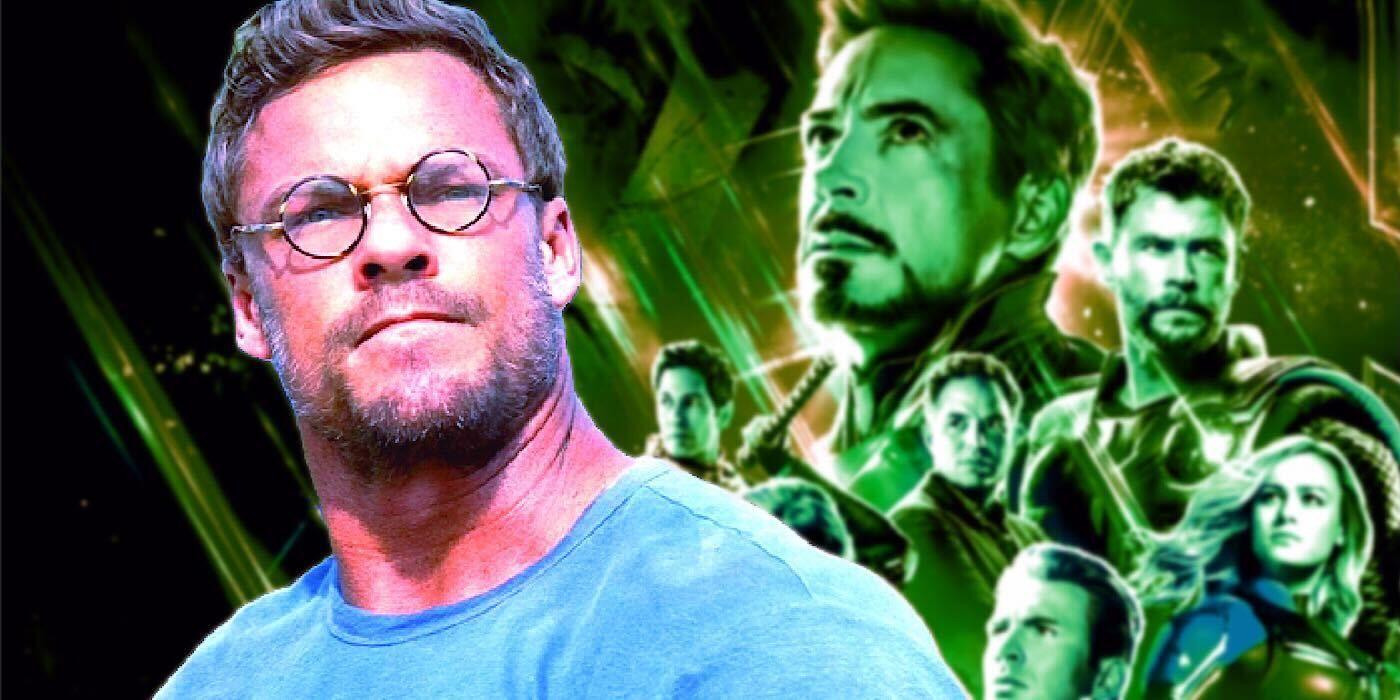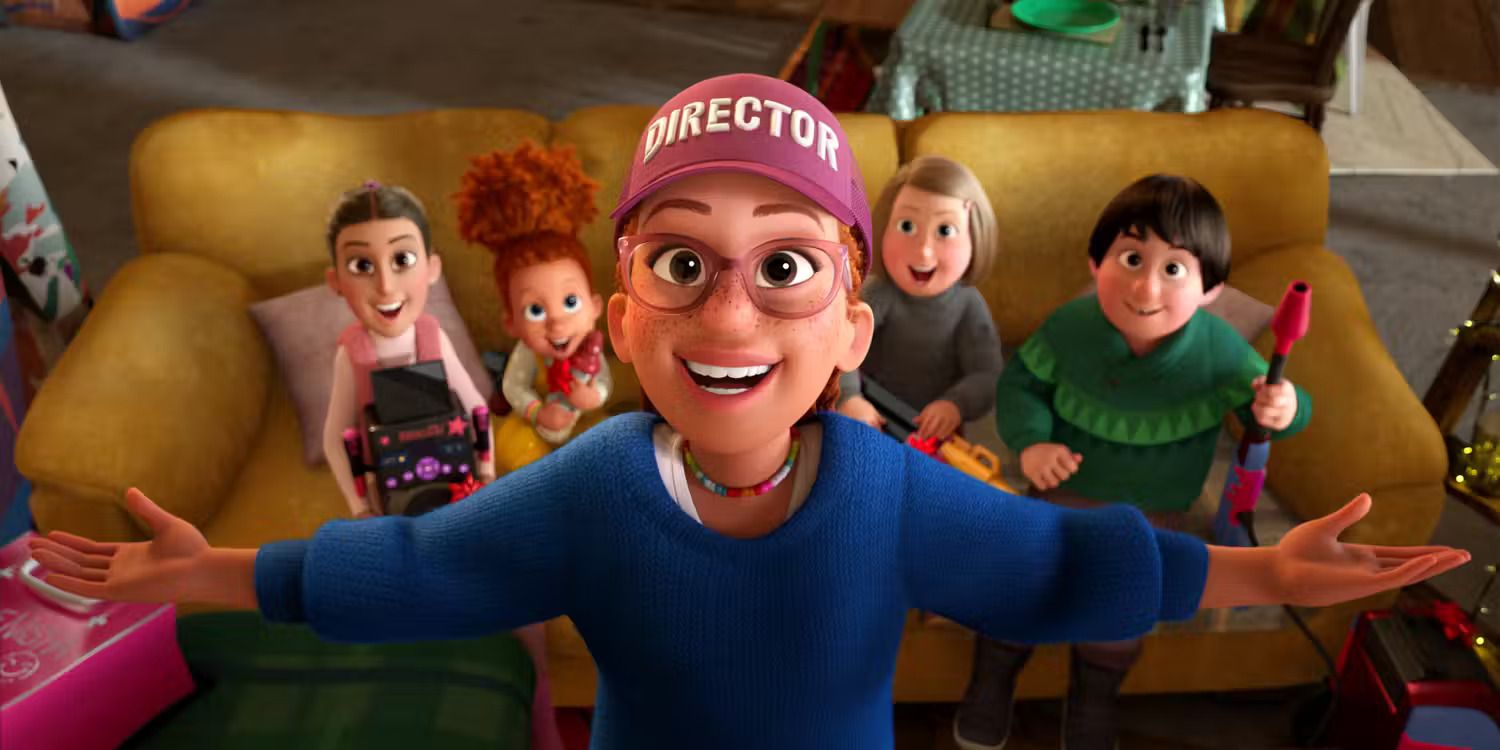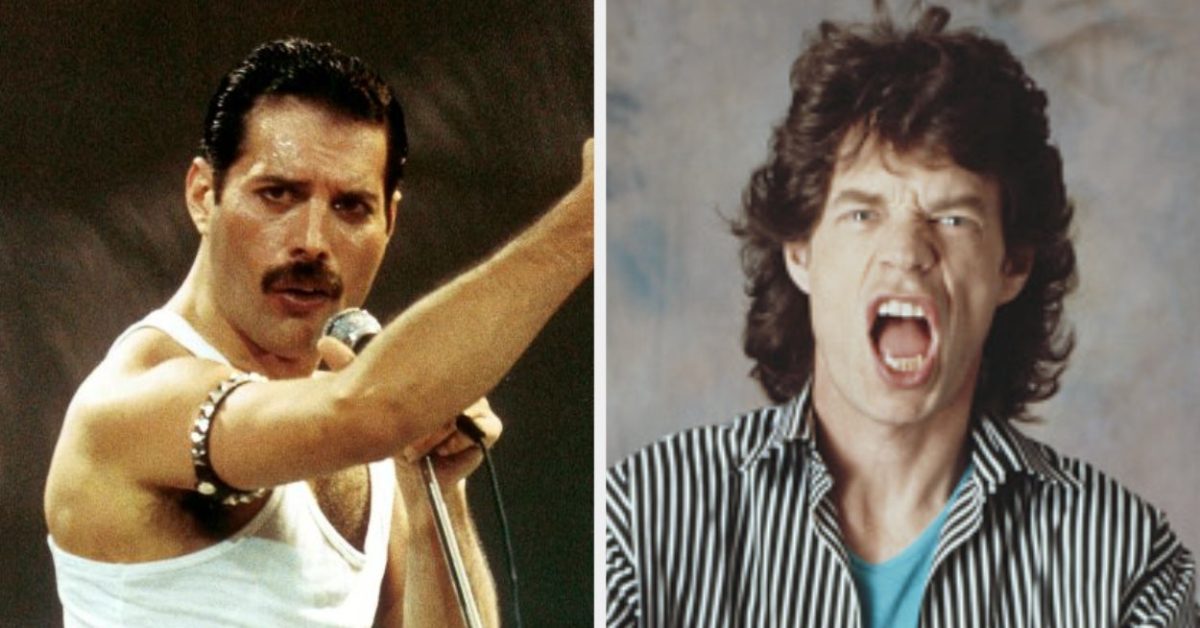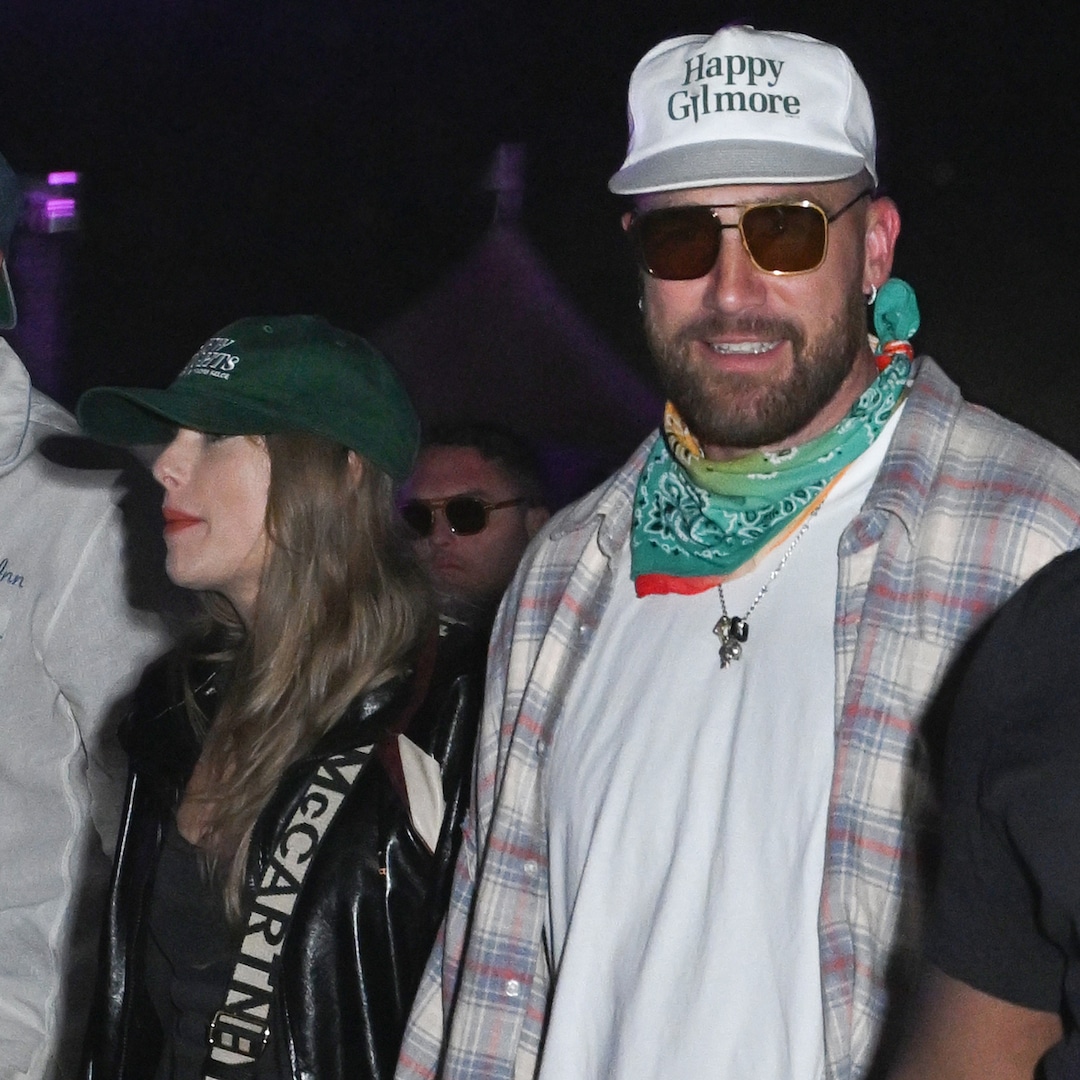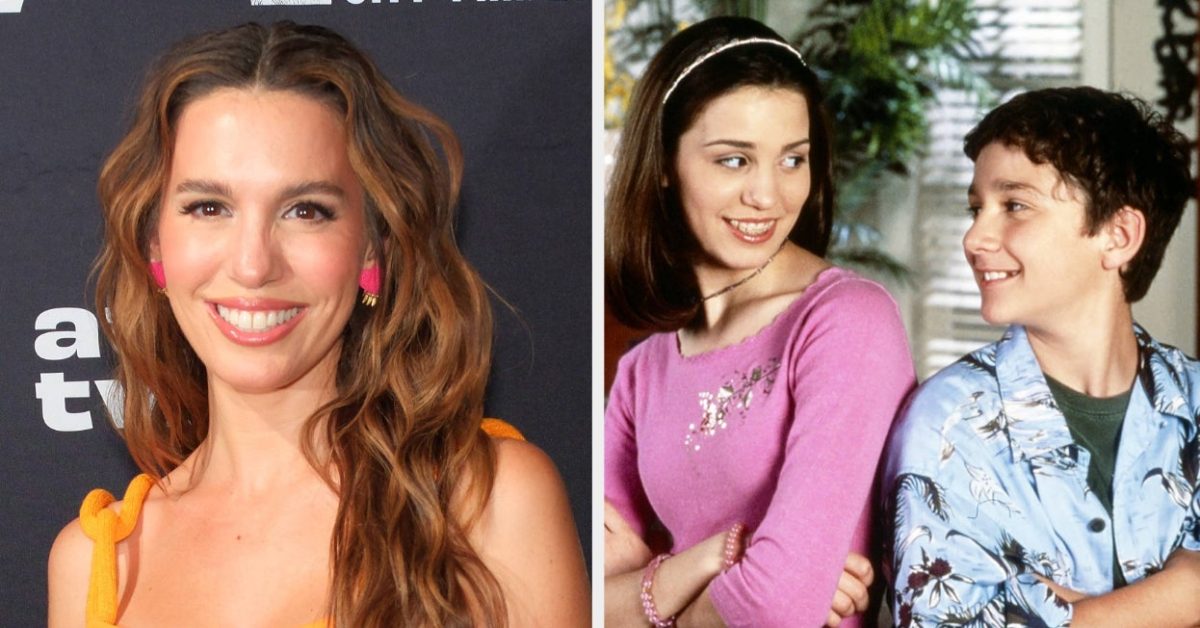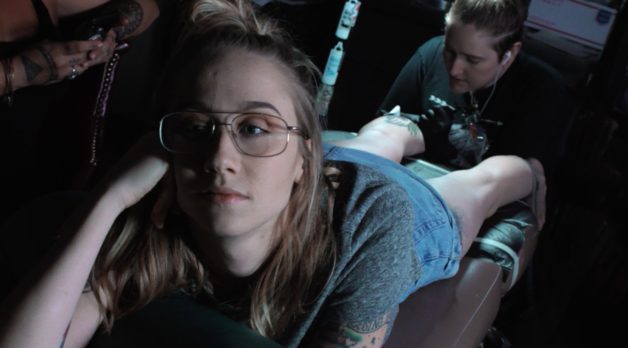
“How Do You Talk About It as a Murder When You Think It’s an Accident?” Citizen Sleuth Director Chris Kasick on His SXSW-Premiering Mile Marker 181 Doc
Mar 12, 2023
Citizen Sleuth
In the nine years since Serial, the “true crime podcaster” has become, variously, a career goal, sociological type and, in TV shows like Only Murders in the Building, object of gentle humor. In Citizen Sleuth, world premiering in SXSW’s Documentary Spotlight section, debuting director Chris Kasick considers his voluble, no-filter subject—Emily Nestor of the Mile Marker 181 podcast—from all of these angles while also producing a work that is something of a moral reckoning for the popular audio genre. In 2011, Jaleayah Davis, a 20-year old Ohio woman, died in a horrible drunk-driving accident, her head severed from her body. Or was it murder? And were her friends that evening — Katy Nelson, Kristin Bechfold and Freddy Scott — possibly involved?
A young West Virginia woman, Nestor grew up obsessed with Clarice Starling in Silence of the Lambs as well as true crime shows like Forensic Files. In 2018, with a $400 microphone and a laptop recording program, she launches the multi-season Mile Marker 181, dedicated to “the truth” behind Davis’s death. Soon the show is hailed by Vulture—writes Chanel Dubofsky, “It’s only the second episode, and I’ve already started drawing weird crime-scene diagrams and hypothesizing as to what Kristin was doing with Jaleayah’s keys”—and attracting ubiquitous audio sponsors such as Warby Parker and Away Suitcases, with Nestor a mini-star on the crime convention circuit. Nestor’s rise and fall (her current Instagram ID’s her as “true crime pariah”) has been well documented on Reddit, but Kasick’s capturing of her trajectory, and particularly the timeline of her differing public and private views, is queasily riveting. The obsessional Nestor seems always eager to fill whatever size memory card Kasick is able to put in his camera, with the director occasionally lobbing off-screen questions a la Errol Morris (Kasick previously worked for the veteran documentarian) that nudge his subject to some degree of ethical introspection—a line of inquiry that Kasick comes to realize he must also address as well. For Nestor, that introspection leads to the truth of her podcast’s final episode, a mic drop that finally owns up to the collateral damage her audio enthusiasm has left in its wake.
Below, in an interview that has been edited for length and clarity, Kasick discusses how Emily became the subject of his first documentary, how and why he became filmmaker-as-confidante, and what questions his film poses to the broader true crime community.
Filmmaker: Could you begin by telling me how you came across Emily Nestor and then what made you decide to make her story your debut film? I’ll confess to having at one point been something of a true crime fan but who has, in recent years, become much less interested in the genre. In other words, I completely missed this podcast and the drama around it when it came out.
Kasick: It was 2018, and one of my producers, Fabiola Washburn, who works with Errol Morris, as I and [DP and producer] Jared Washburn still do too, is into true crime. Like you, I was into true crime and now it’s just so saturated — everything feels like a magazine article, not a film. Fabiola [told me] about this story, and I had lived in the mid-Ohio Valley and gone to college at Ohio University. So I knew the area, the people, the locations. I listened to about half the first season of the podcast, and [Emily] was a character, a unique voice, I had not heard before. [The podcast] was messy, sloppy, promoting a murder theory, and there was a lot of rumor. I’m a curious person, so I went to Parkersburg [W. Va]. I think the way to get these things going is not through meetings or phone calls but face to face. I met Emily in early 2019, and she was one of those characters you sort of wait for, someone who is screaming to tell her story. And then as I had started talking to other people and doing research and investigating, I had a lot of questions about the first season of her podcast. I moved to West Virginia, rented a house, and I knew entertainment and fact were going to collide at a certain point. I was all in on this story, and I watched it develop over the course of four years.
Filmmaker: You say the podcast was messy and sloppy. Mile Marker 181’s amateur status in a world of slickly-produced true-crime podcasts like Serial is one of the subjects of the documentary itself.
Kasick: When I got [to West Virginia] and started doing local research, talking to reporters at the newspaper, there weren’t any. I tried to go to local news and there wasn’t any. It became apparent to me that Emily was filling this local journalism void. And I was like, well, this is a story — this vacuum in the new media landscape where you have these citizen sleuths who are doing their own fact-finding investigations. At first it was a murder [story], but as it evolved, it became a real intimate story of conflict. My favorite movies are movies that feel intimate and are about smaller things that have large repercussions, or which echo larger [subjects]. That Emily, who has a voice but is totally untrained, who is someone who went from being a waitress at Buffalo Wings to having an audience of millions while telling facts about a murder case and meeting with the sheriff — well, what is going on? And that became a story.
Filmmaker: You say you went to West Virginia and talked to other people. The film is almost entirely focused on your interviews with Emily and some verite footage of her, with one significant break in the end. Was that formal construction — that you would be following her so closely — your original concept, or did it evolve in the edit because of how completely voluble and revealing she was?
Kasick: It was both. At first it was, we’re telling Emily’s story and her investigation. I had talked to Katy [Nelson], Kristen [Bechfold] and Freddie [Scott] during the process, but they didn’t want to to appear on camera because they thought I was with Emily, and she was railroading them. It wasn’t until Emily put out her conclusion that they chose to speak to me [on camera or audio].
But I was sort of on my own beat on this — talking to people and piecing things together. I had my own researcher and was trying to understand [the case] from my point of view and to try and understand where Emily was coming. We got the police file, which is a 1,000 page document. It is so extensive, and there are all these rabbit holes that even the police went down — red herrings and everything that was just so ripe for conspiracy.
As a filmmaker, you want to pursue the truth, right? And how do you get that? How do you get this honesty? Somebody once said the highest form of intimacy is truth. And if you’re trying to make an intimate film about a real conflict, it became obvious to me that this was going to be a story of internal conflict, and that conflict was an internal thing of conscience, of telling the truth — doing the right thing when it doesn’t serve you. So I realized early on that everything revolved around my professional relationship with Emily and creating an environment where it felt like we were in this journey together. We were walking this tightrope because she had announced the documentary on her podcast, which is in the film. There was a Facebook forum that was angry, Reddits that were angry, and [people] started coming after the documentary and the podcast. It was a perfect storm.
Filmmaker: Most of that is not in the film. She does mention the podcast, but it’s a brief mention. Before speaking to you I found those Reddit threads, where people felt she was somehow benefitting from the documentary. Why didn’t you show more of this uproar in the film?
Kasick: It’s always a topic in this age of social media how to dramatize an online world. I thought that the best way to show the pushback that was happening was through [depicting] Emily’s internal struggles. Her pushback against me [illustrated] the larger pressure that she was getting from the outside. And I also wanted to stick to the case. When you start going down these online rabbit holes of rumors and gossip — “Is Emily getting blood money?” and all of that — how does that manifest into reality? And it manifested through Emily and her putting out in 2019 the final episode of the truth.
Filmmaker: One of the arcs in the film is you, as a filmmaker, coming to grips with what you are making and whether your film is participating in the same kind of “truth vs. entertainment” conflict that you are depicting in Emily’s story. Emily reaches a conclusion about Jaleyah Davis’s death, which you show in the film. Since you had done your own research, did you reach that same conclusion before she did? Were you filming while holding a differing view of the case?
Kasick: No. She was down the road of her investigation and knew before I did. She had been doing the McDonald’s drive, the breaking of the [passenger window] glass, finding the microfilm article, and her conclusions weren’t adding up to murder. She had already committed to the podcast episodes, and the ethics of all of this don’t matter to Spotify. As soon as her podcast became a hit, she didn’t know the rules of engagement. She could have just ended it, and she was struggling with what to do when we were filming. There’s one scene in the film where we had a conversation about it being an accident, and then she went on the Crawlspace podcast and [discussed] her whole murder [theory]. And I was like, do I address this right now? She was struggling with it. We were in her house and we discussed it on camera. How do you talk about it as a murder when you think it’s an accident? She was like, I’m trying to protect myself as a storyteller to get the larger story out. And I’m like, well, what are the ethics of that? I mean, I have worked in the entertainment business, and these are the conversations that are always being had with producers, with everybody, but it’s never really shown.
In the end, we were trying to make [a film] about the pursuit of truth, and we needed to show how we got there. We have over 500 hours of footage, and the camera becomes part of the truth telling. She was driving towards something that wasn’t accurate at first, and then she course corrected as she was struggling with it, and we were there to capture it. And that was intentional.
Filmmaker: You became a sort of confidant to her.
Kasick: Yeah, people were coming at me, they were coming at her. I’m trying to tell a story while I’m seeing her struggling with telling a story. But I always kept coming back to the Errol Morris stuff, to come back to the truth, the facts. If we stick to them, and in the end can resolve this, that is a topic that can resonate.
Filmmaker: Why do you think Emily kept the story going on for so long? Was it really just because of the popularity of the podcast, the advertisers, etc.? The viewer can make their own assessment from watching the film, but why do you think she didn’t call it off earlier?
Kasick: She said she wanted to prove it. She wanted definite evidence. And then after the timing of the McDonald’s drive was wrong, when the glass wasn’t adding up, when the microfilm article [showed] the family had a history of making false claims, and after the family was coming after her and the [scene with] the grandfather on the road, she finally reached a breaking point. She was coming up with strategies of how to weave out of this gracefully, like a Serial kind of thing. And so there was a gap of months before putting out the last episode. She couldn’t face the family — they were in contact with her, trying to have her put out more episodes, and she no longer believed [the murder theory]. And so she hard-stopped and put out the truth.
Filmmaker: Did Emily know you did those three interviews with Kristin Bechfold, Katy Nelson and Freddie Scott, which are in the film and which she’s not a part of?
Kasick: While we were editing, she reached out to those people individually to apologize, and they said they had talked to me. She had actually put me in contact with Katy, who’s on camera. She had reached out to her independently of me to tell her a new ending was going to come and that she was going to course correct this.
Filmmaker: Tell me about your use of score, which I have to say felt almost comic to me from the start.
Kasick: I like waltzes, and waltzes are defined by peaks and valleys, highs and lows. Waltzs portray three-act structure very well to me. Errol Morris and Kubrick use them a lot, and these peaks and valleys keep it light. It became obvious to me as we were making this that this was sort of a meta film about entertainment and facts, and I felt the score would portray that meta layer. The composer [P. Andrew Willis], who also works with Errol Morris and Philip Glass, and I have worked together on my previous film, and he comes from Appalachia. The score was recorded on a 1990s synthesizer from Radio Shack, [which ties into] the whole idea of analog and Citizen Sleuth.
Filmmaker: Has Emily seen the film?
Kasick: Yes, I showed it to her last week. It wasn’t obvious to her what we were making at the time, and she was moved by it. You know, there’s that Subject documentary out right now, and it’s complicated when you’re making these things — it’s a complicated relationship.
Filmmaker: From, again, reading Reddit, and looking at her Instagram, she’s moved on. She’s not in the true crime space anymore.
Kasick: Yes, she calls herself [on Instagram] “a true crime pariah.” When she was attending the true crime conventions, she was really in the community. And as this story started unfolding, she was almost divorcing herself from it to tell the truth. She’s removing her tattoos, and she’s talking now about pursuing a career in law enforcement. What’s happened in the last few years has had a profound effect on her. She’s hoping the film lends some kind of insight into the struggle she had putting [the final episode] out there.
Filmmaker: We can be critical of Emily and the amateur nature of her investigation, but reading the positive reviews of her podcast alongside slicker productions in mainstream publications made me realize that the true crime genre has its tropes. Maybe they’re being done by amateurs and maybe they’re being done by professionals, but they’re the same tropes, you know? Has your perspective on this whole industry changed since you finished the film?
Kasick: I feel like the first season of Serial did this thing right. But you start looking at Crime Junkie, My Favorite Murder, and everything Nancy Grace, and it’s like the most sensational stuff. It’s never deep investigation. I don’t think Emily was conscious of formatting or genre when starting this. I think she listened to Serial and was like, “I’m going to start doing this.” [Some podcasters] read some Wikipedia notes and throw out some questions, and that’s what it is. But Emily’s whole approach to it was different — it was this active investigation.
I felt like this was an important story to get out there for the true crime community, to talk about the collision of fact and entertainment. We have to remember that there’s a truth to all of this because it can start becoming real slippery, and then what’s the fallout? It’s sort of a cautionary tale for people who create and put out content that there are larger consequences, and we should think about and discuss them, and that’s a healthy discussion to have.
(This article’s introduction was expanded from Filmmaker‘s 2023 SXSW curtain raiser.)
Publisher: Source link
I Just Read That 50% Of People Under 40 Don't Know Who These Bands Are. Please Tell Me You Do.
Make me proud.View Entire Post › Disclaimer: This story is auto-aggregated by a computer program and has not been created or edited by filmibee.Publisher: Source link
Apr 22, 2024
Taylor Swift’s PDA Video With Travis Kelce Shows Their True Alchemy
"Loml": In this moving track, Taylor first sings about being called the love of someone's life "about a million times." However, the dynamic soon changed. "If you know it in one glimpse, it's legendary," she notes. "What we thought was…
Apr 22, 2024
Christy Carlson Romano On Why She Won’t Watch Quiet On Set
Christy Carlson Romano On Why She Won't Watch Quiet On Set Christy spoke on an episode of the podcast Mayim Bialik's Breakdown with host Mayim and special guest Jenna von Oÿ about her perspective on the documentary and how she…
Apr 21, 2024
Glow & Save $30 Off On The St. Tropez x Ashley Graham Self-Tanning Kit
This article is sponsored by QVC. These items were selected from QVC because we love them and we thought you might like them at these prices. If you buy something from our links, E! makes a commission on your purchase.…
Apr 21, 2024
